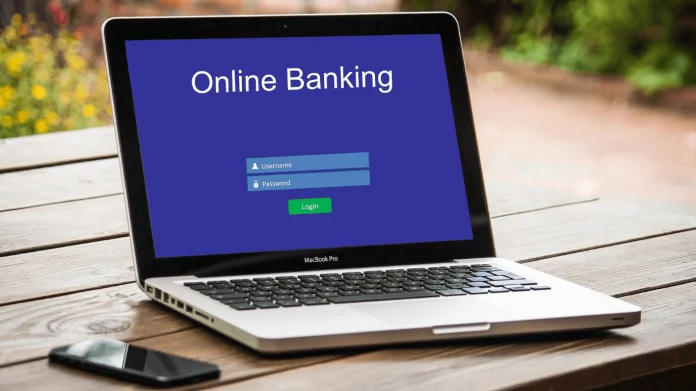In the past, cash may have been king, however, now transacting without cash is hastily becoming the norm. People do not carry around a wallet full of cash anymore. We can transact from our debit and credit cards, smartphones, or smart watches.
There has also been a large push towards digital banking in South Africa. The current drivers of this cashless society are; digital currencies, digital assets, mobile banking, digital banks, and ecommerce.
Digital Assets
The emergence of cryptocurrencies has disrupted finance globally. Not only has cryptocurrencies become mainstream, but there are different types of cryptocurrencies, like security tokens which can be contracted to underlying assets like shares or stable coins which are pegged against a commodity or currency like the South African Rand (ZAR).
The underlying technologies of emerging digital currencies are readily being tested and adopted by large and trusted financial institutions globally.
Additionally, buying and selling crypto or holding digital assets as a form of investment such as buying digital goods like NFTs (non fungible tokens – which could be in the form or digitalized art) or opening a crypto savings wallet where you can earn interest in on your crypto holdings is becoming popular.
The main benefit of cryptocurrencies lie in the ability to transact with one another at low fees, almost instantaneously and globally to anyone without relying on traditionally banking systems.
In South Africa, exchanges like Luno, VALR, Ovex, and BitFund enable South Africans to easily participate in the crypto world enabling users to buy and trade, and invest in digital assets.
Mobile Banking
PayTech and payments apps make transacting easier and faster. Today you are able to transfer money by using email or text. Another key driver of a cashless society in South Africa is mobile banking.
South African banking apps also allow us to do more than just check our bank balances and transact with one another – it also allows us to top up our electricity, pay our bills, driving fines, buy airtime and many other value added services. And as smartphone adoption in South Africa continues to grow, more and more people will make use of mobile banking apps.
In the olden days one would have had to make several visits to a bank’s branch to perform various transactional activities. Today it is all digital and we can transact on our mobile devices from anywhere. Some banks are even fully digital and don not have any branches, while the rest are slowly phasing out their branches.
Digital Banks
South Africa is home to some of the worlds leading digital banks. Two notable contenders in the digital banking realm include Tymebank and Discovery’s digital behavioral bank.
These banks operate solely online and opening an account takes just minutes. Other more traditional banks like FNB, Standard Bank, and Capitec Bank are also embracing digital and continually improving their digital products.
eCommerce
In South Africa specifically – due to more and more people becoming connected to the internet and the entrance of affordable smartphones in the South African market – there has been a rapid rise in cashless commerce as well as cashless ecommerce.
As a direct result of Covid-19 and lockdown restrictions in South Africa, more people started shopping online while more businesses took their presence online too. While all this was happening delivery and logistical businesses have been able to drive each other’s prices down in order to make online shopping more affordable.
FinTech Lending
You have probably seen the ads of lenders offering instant payday loans. South Africans tend to live pay check to pay check, and loans are very common in many South African households. Innovations in FinTech have seen the birth of several instant online loans providers like FASTA and Boodle allowing South Africans to access credit when they need it.
Benefits of A Cashless Society
A cashless society promises a more simple, convenient and connected economy. No need to spend valuable time of your day looking for an ATM to transact or get cash.
A cashless society also makes it difficult for people to avoid paying tax. With digital payments, most payments will be traceable and taxable.
So, will cash be a thing of the past?

